A disturbing 16-20 per cent drop rate per course!
As of 2018, over 1,200 cadets of the premier tri-services college, the National defence academy have quit, in the middle of their three-year training curriculum in the past ten years. The average washout rate of cadets is at an alarming 16 to 20 per cent of the overall course intake. Both former cadets and several alumni of the elite military institution have cited ragda (a concept which some of those interviewed for this article have constituted to ragging), corporal punishment and unsanctioned training practices. Other key reasons for such a staggering drop out rate have been a lack of physical fitness on the part of cadets, being boarded out on medical grounds, indiscipline, homesickness and, on certain instances realising that the reality of serving in the forces is not the same as they had envisioned.
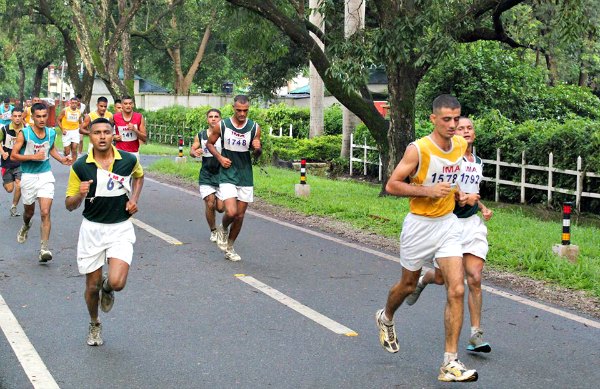
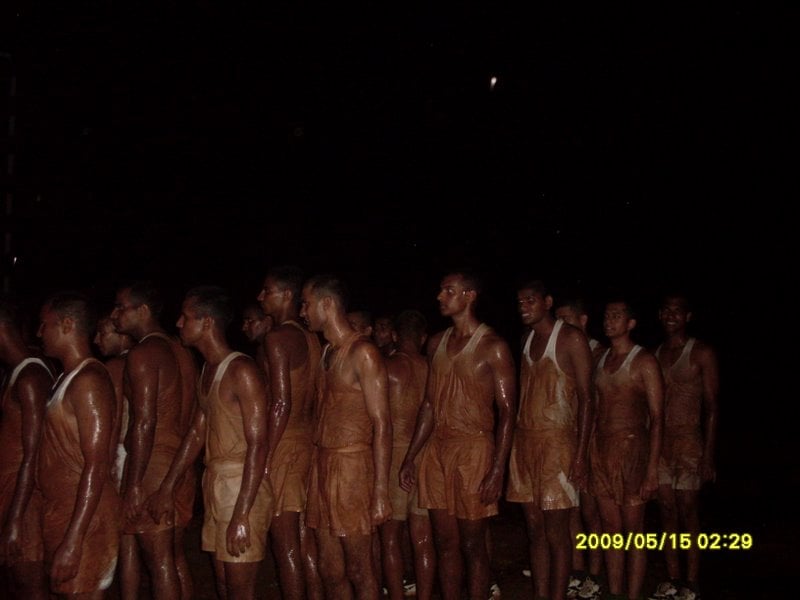
The verdict on whether such use of punishment is justified has been hotly debated within military circles and among ex-NDA’s themselves.
In a report by outlook magazine, retired Colonel PK Royal Mehrishi, an NDA alumnus, told the Asia Times that the fifth and sixth term cadets ordered the first and second term cadets to roll down the staircase of three-story buildings, vault over wooden horses, do backflips, handsprings among a host of other activities without the supervision of a qualified instructor. The report quoted the retired Colonel saying that “Senior cadets believe they’re toughening them for war or better performance in the hard-fought inter squadron competitions.”
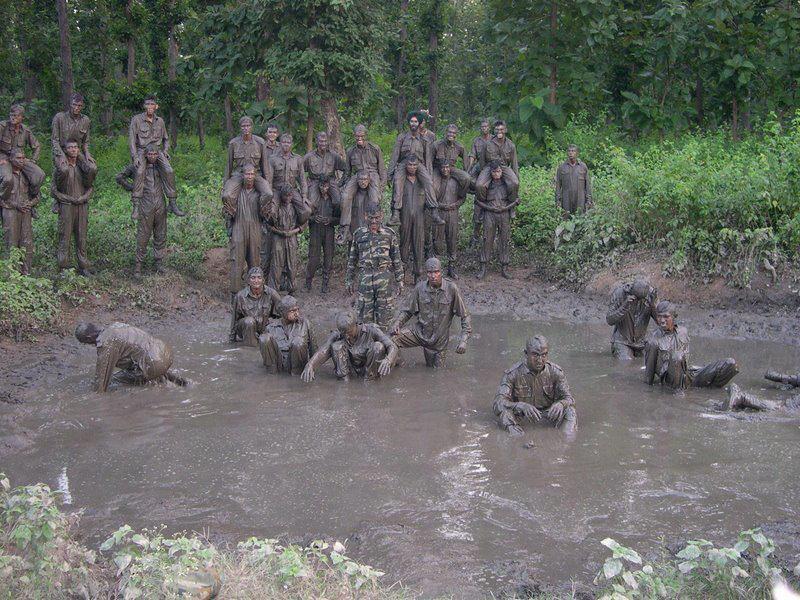
This belief has been echoed by several service personnel who have reached great heights in their military careers. Distinguished officers with exceptional operational records have sworn by these methods, despite being on the receiving end of ragda themselves. Defence services officers have over the years have provided compelling arguments justifying the military necessity of such informal punishments. According to a retired army officer who does not wish to be identified, “The Army wants to make you tough, more mentally than physically. Ragda is there to make you know your physical and mental limits and then cross the same.” The operative phrase in training is “Jitna ragda utna tagda!” meaning “the harder the punishment the tougher you get!”\
“Jitna ragda utna tagda” But what is ragda?
‘Ragda’ the according to a Quora post by Kiran Raul, who is a battle-hardened infantry officer, has described ragda with a pinch of crude humour, writing, “Ragda in a physical sense or practical sense means you are going to spend the next few hours, depending on the severity of your misdemeanour, or outrage felt by the executor of the ragda, is doing a lot of funny but painful or tiring actions, including but not limited to rolling with or without a shirt on your back, on surfaces ranging from a cement floor, gravel to hot tarmac.”
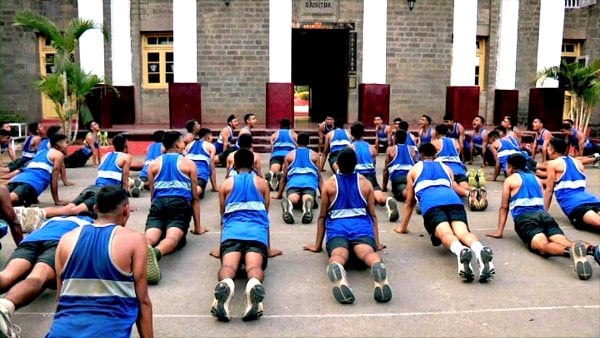
He goes on further describing ragda as “A lot of push-ups, carrying around your heaviest coursemate on your shoulders, running a lot under the hot sun, drinking a lot of water until you puke, if you don’t puke easily, a front roll and a back roll will help speed that up.”
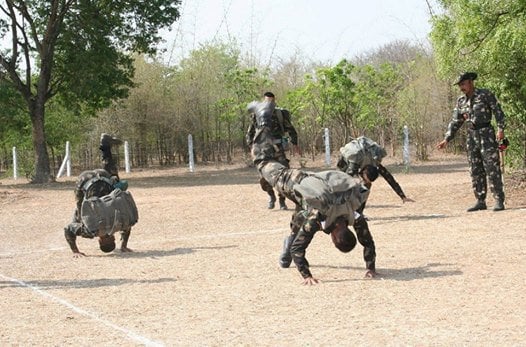
The retired infantry officer goes on to split the anatomy of the vaguely defined military training terminology, writing “crawling on gravel roads and any other hard surface that hurt, standing for a long time carrying weights, pouring buckets of water on your head on a cold winter night.” The aforementioned he explains is only the “tip of the iceberg,” Raul writes rather humorously.
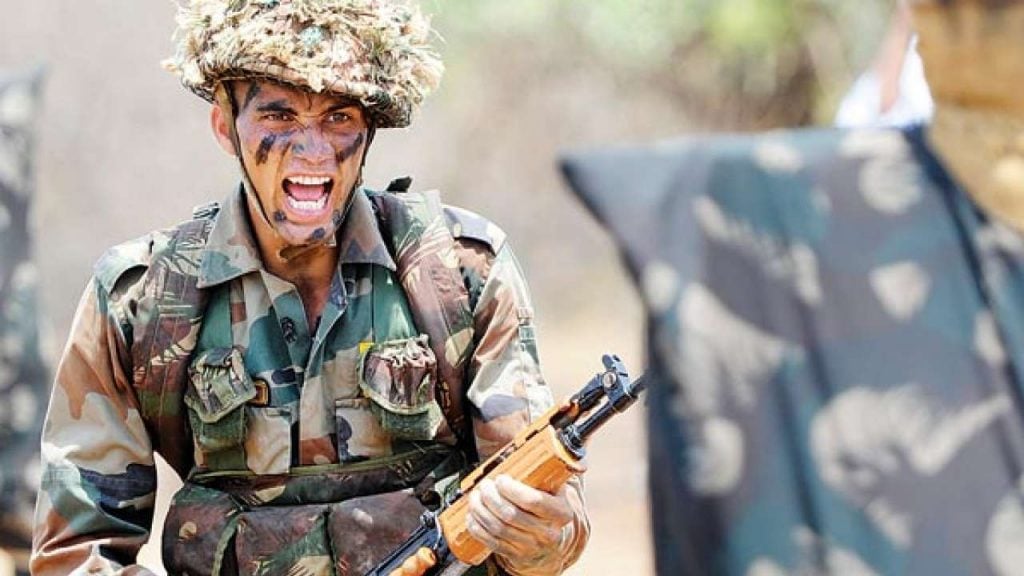
“The procedures are only limited by the imagination.” From green chillies being fed to cadets found sleeping in class to backbreaking exercise after which you will be unable to sleep, everything that is not a part of the formal training curriculum is included in ragda. Raul further writes in his post that “Some innovative, enterprising and sincere candidates have honed ragda into an art form!”
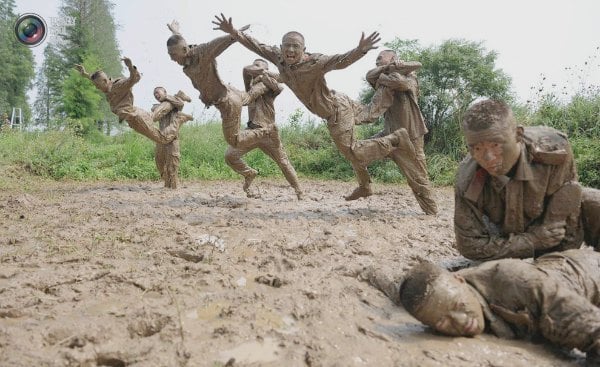
Many Ex-Servicemen have stood by the effectiveness of ragda, in forging a cadet into a warrior
The officer in question and a dozen other officers who were interviewed for the background of this article have staunchly advocated the effectiveness of ragda, and now fondly recollect their own experiences. These officers maintain that soldiering is not an ordinary job and there is no civilian equivalent. Soldiers are required to operate in some of the most barbaric, amoral and geographically austere environments in the country. These deployments often involve serving in sub-zero temperatures or in the scorching hot deserts of Rajasthan.
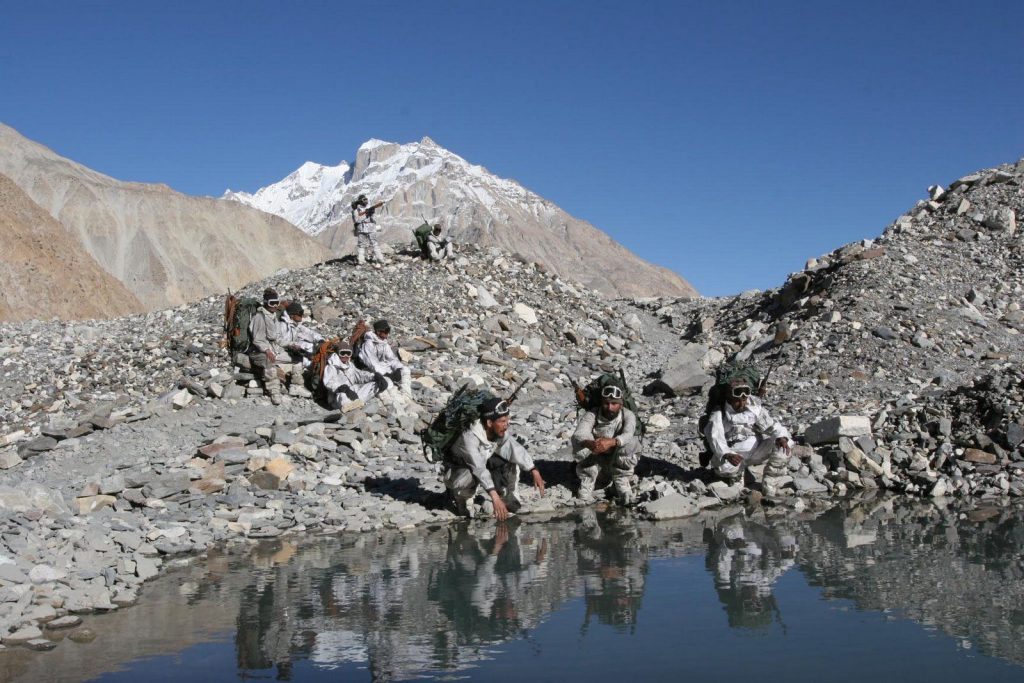
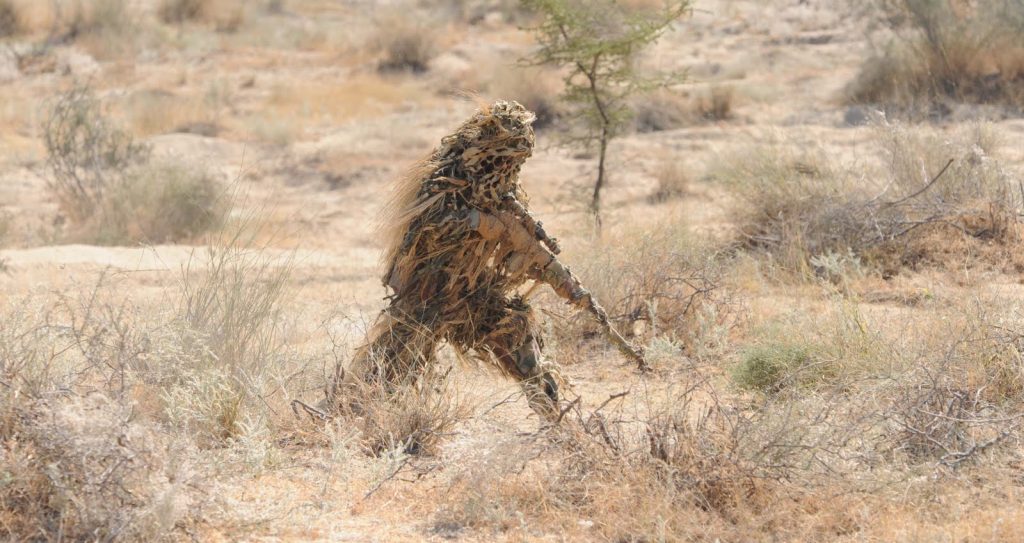
The punishing geography coupled with the thought of ones own mortality is enough to break the will of even the most resilient men and women. Ragda ensures that only the toughest make through the ranks. If they cannot hack it, they certainly will not survive combat. Even many cadets share the same belief, with one cadet who does not wish to be identified saying “Ragda gives you spontaneous pain, but the ustaads are preparing you for a bright future, where you can face the enemy
